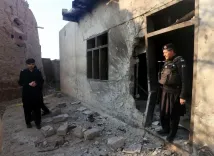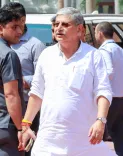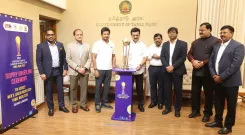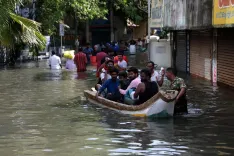Bombay High Court Supports Adani Group's Tender for Dharavi Slum Redevelopment
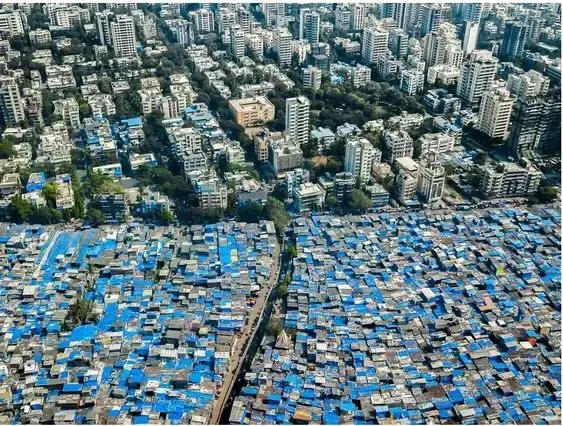
Mumbai, Dec 20 (NationPress) The Bombay High Court ruled on Friday to dismiss a petition against the Maharashtra government's decision concerning the Dharavi slum redevelopment initiative in Mumbai, thereby validating the tender granted to Adani Properties Private Limited.
In a decision by a division bench, comprising Chief Justice D.K. Upadhyaya and Justice Amit Borkar, the court rejected the petition submitted by UAE-based Seclink Technologies Corporation, stating: "The arguments presented in the petition are unconvincing and lack substance. The challenge to the government's action of revoking the previous tender and issuing a new tender is dismissed."
The Adani Group had won the bidding for the 259-hectare Dharavi Redevelopment Project with a bid of Rs 5,069 crore during the 2022 tender process.
Previously, in 2018, the petitioner company had submitted the highest bid of Rs 7,200 crore.
The government led by Eknath Shinde annulled the 2018 tender and launched a new tender in 2022, which included additional stipulations. The state decided to incorporate 45 acres of railway land into the project for slum rehabilitation, a component absent from the original proposal.
Advocate General Ashutosh Kumbhakoni had suggested that the state government issue a new tender to account for the changes and factors such as land acquisition costs.
The state government contested the petitioner's allegations, asserting that the revised tender conditions were essential for guaranteeing the financial viability of the development.
Pointing to the altered economic conditions between 2019 and 2022, the state government defended its choice to cancel the 2018 tender and to issue a new one in 2022.
Seclink Technologies Corporation initially contested the cancellation of the 2018 tender and later challenged the 2022 tender award to the Adani Group.
The state government emphasized in court that the tendering process was conducted transparently.
Dharavi, recognized as one of the largest slums globally, spans 2.8 square kilometers of valuable land adjacent to the Bandra-Kurla complex. Established in 1884 during the British colonial period, it initially accommodated displaced factories and residents from Mumbai's city center. The informal leather and pottery sectors in Dharavi are estimated to provide employment for over 100,000 individuals.
The Dharavi redevelopment strategy aims to replace the current informal settlements with modern housing, improved infrastructure, and commercial spaces.





